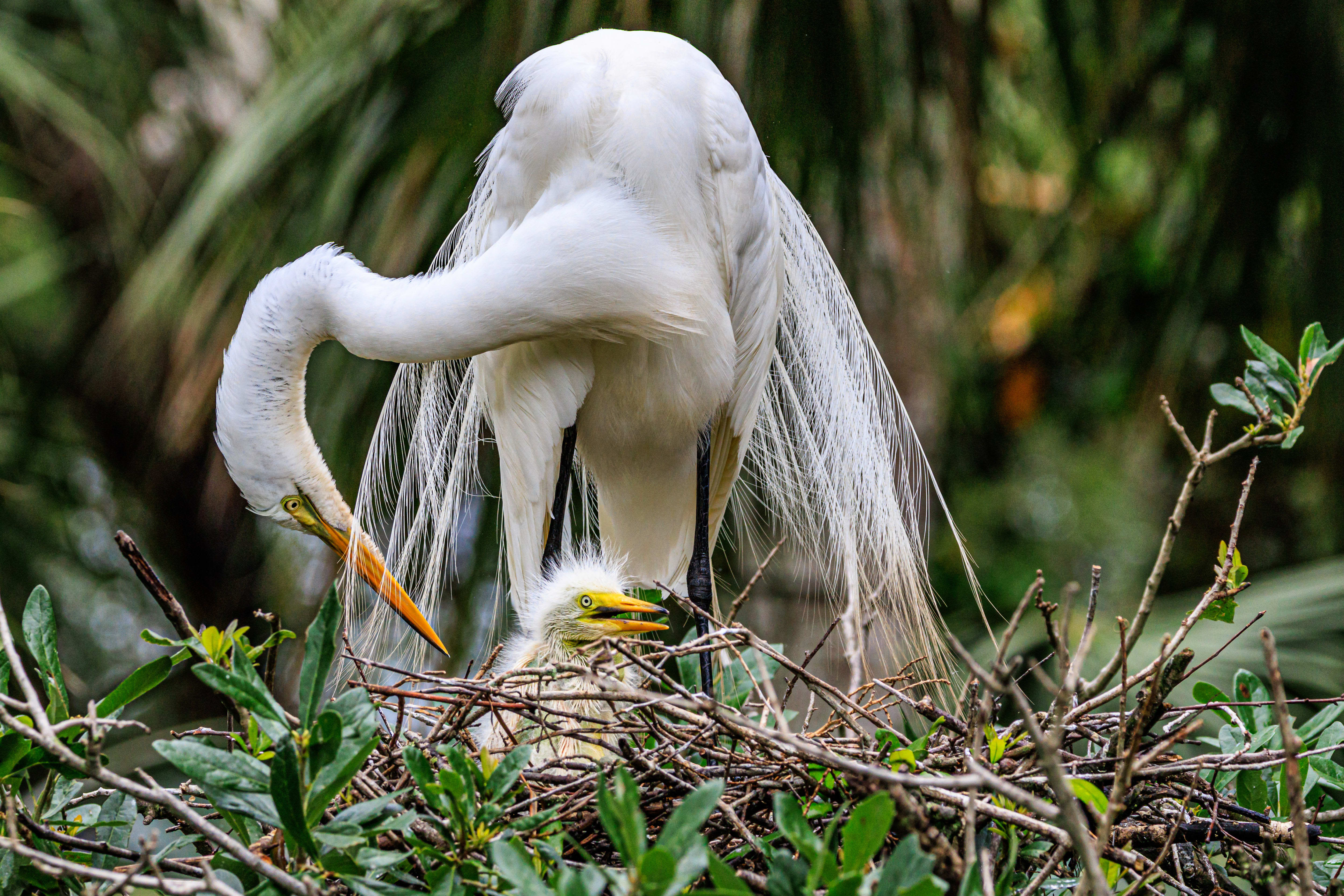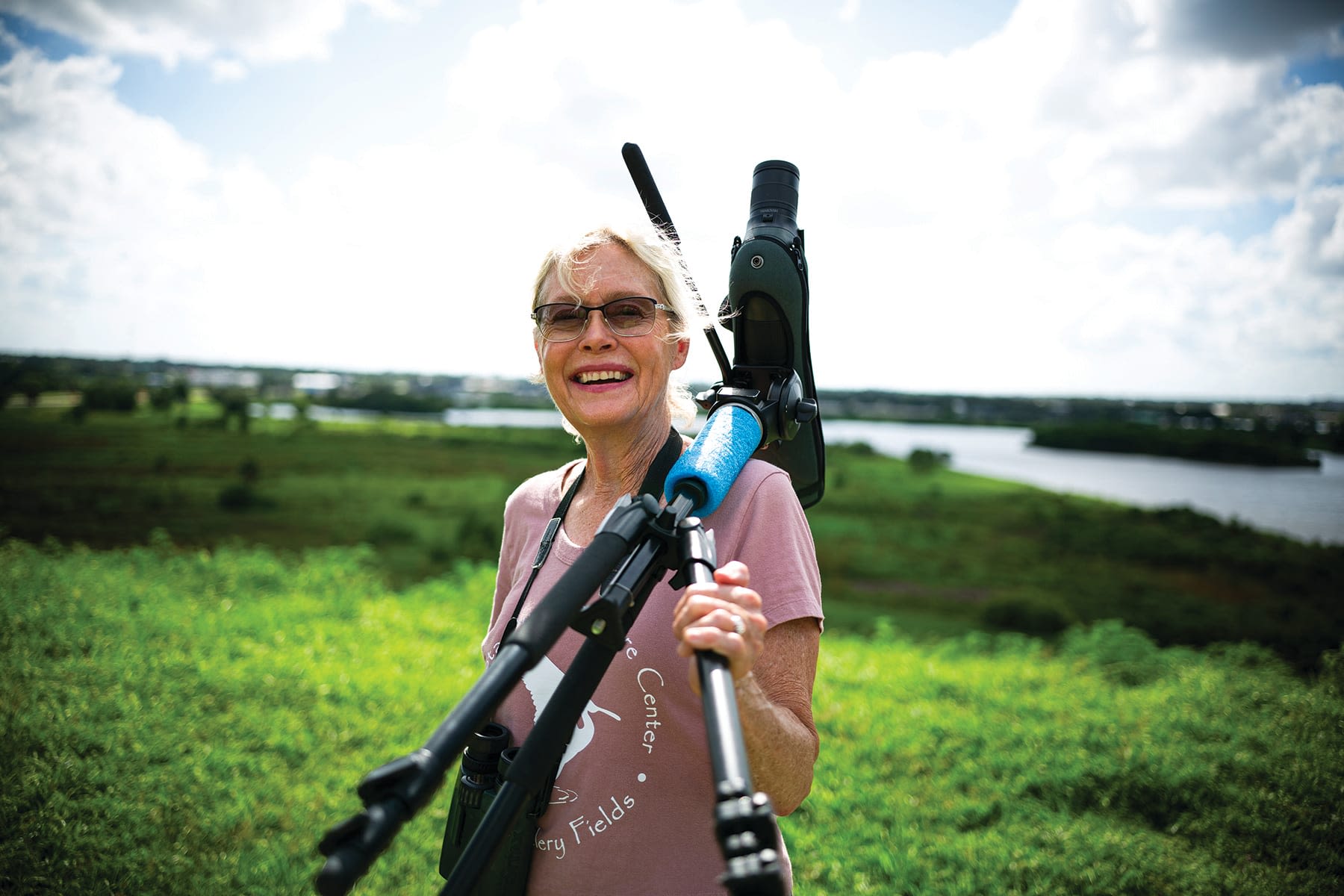Pulitzer Prize-Winning Author Jack E. Davis Weighs in on the Gulf’s New Name, Its History and Its Future

Image: Saradrona/Shutterstock.com
Editor's note: On May 6, 2025, a Republican-led House of Representatives committee moved forward with legislation that would make the name change from Gulf of Mexico to Gulf of America permanent. A full House vote is expected to take place later this week.
President Trump recently changed the name of the Gulf of Mexico to the Gulf of America. Does it really matter? We called one of the world’s premier Gulf experts—Pulitzer Prize-winning environmental historian Jack E. Davis, author of 2017’s The Gulf: The Making of an American Sea—to ask him.
Does the Gulf’s recent name change seem important to you?
“The subtitle of my book is ‘The Making of an American Sea.’ The name change is, in some ways, a natural corollary to everything else we’ve done. We have made it an American sea by industrializing it, overpopulating and overbuilding the coast—dominating it and polluting it. Having grown up on the Gulf and having this lifelong, intimate relationship with it, it’s an unfortunate distraction from what the Gulf really needs: wise leadership that will be able to deal with the challenges that it and other parts of the American coast are facing in this climate change century.
“I don’t think this president has any intention of doing that, and our current governor in Florida doesn’t have any, either.”
What motivated you to write the book?
“It was in part a response to the Deepwater Horizon oil spill in 2010 and Hurricane Katrina in 2005. The world had this image of the Gulf as being little more than a giant offshore oil field in a hurricane alley. I wanted my readers to know that it’s much more than that.
“It’s the ninth or 10th largest body of water in the world, depending on who’s doing the calculating, and it’s one of the richest estuarine environments in the world, with some 200 estuaries, which makes it one of the most productive commercial fisheries in the U.S. At times, it outperforms the entire East Coast of the United States. It’s the most popular saltwater fishing hole in America.
“It is also one of the most popular birding spots in America. Millions of migrating birds, even hummingbirds, fly some 500 to 600 miles across the Gulf from the Yucatan to the northern Gulf Coast, stopping on Gulf shores to rest and replenish. In the springtime, birders refer to it as the ‘Gulf Express.’
“People have lived on Gulf shores for 8,000 to 10,000 years. Many of those people, such as the Calusa, who lived in the Sarasota region, were a sedentary people, a non-nomadic people, who did not practice agriculture. They rarely hunted land animals because everything they needed was in the estuary. They took 95 percent of their protein from the Gulf and thrived for thousands of years.”

Image: Saige Roberts
You describe the Gulf as it used to be as a paradise, that a person could walk across parts of it on the backs of sea turtles because there were so many. Now when you see a sea turtle, it’s a novel experience, and it seems like the Gulf is becoming unswimmable, with red tide and flesh-eating bacteria. Are you worried?
“There’s a lot of misinformation, which is used as a distraction from the reality. For example, red tide. The dead fish washing up on the beach are typically described by the media, elected leaders and policymakers as a natural phenomenon. It’s not. What we’re seeing in the Sarasota and Fort Myers area [should be called] cow tide, sugar tide and sod tide. It’s toxic water coming down the Caloosahatchee River and from Lake Okeechobee and the sugar and sod-growing land and the cow pastures. That’s what’s killing those fish.”
You grew up on Tampa Bay. How has it changed?
“In the early 1970s, I spent all my time on the water. Every day after school I grabbed my rod and reel and went down to the causeway bridge and threw my hook in the water. The only thing I could ever catch was a croaker or, if I got really, really lucky, a speckled trout. The only birds I saw were brown pelicans and gulls. I didn’t see beautiful stick-legged wading birds because Tampa Bay had lost 70 to 80 percent of its seagrass beds. It was on the verge of ecological death. When you lose seagrass beds, you lose your fish, you lose your marine life, you lose your bird life. Seventy percent of the waters around the United States were unsafe for swimming and fishing by the 1970s.
“Then Congress, with very strong bipartisan support, passed the 1972 Clean Water Act, which led to cleaning up bays and bayous and rivers and bodies of waters. Sadly, what we are seeing now is that we’re backsliding. We’re going back to old ways. We’re polluting.”
How so?
“Part of it has to do with the fact that we won’t stop building on the coast. We’ve strained our infrastructure. And I’m not talking about just roads. I’m talking about stormwater and wastewater systems. They can’t keep up. We’re putting more and more people in harm’s way. The one species we are not pushing to the brink of extinction is the construction crane.
“We have done things right in the past. An excellent example is the way we spent the BP oil spill money. It’s gone to good causes and to the restoration of estuarine environments all around the Gulf. I hope we can learn to do that again.”
There’s still so much beauty in Florida left to save. What do you tell people about the future?
“I give hundreds of public talks and people come up to me afterward and ask, ‘What can we do?’ The best thing you can do is to stop watering your damn St. Augustine grass because nearly 50 percent of potable water in Florida, which in most places is drawn out of the aquifer, goes to watering grass. And rewild your yard. I rewilded my yard years ago. It’s low-maintenance. You’re not sending pesticides and fertilizers into the stormwater system, which ends up in bays and bayous and takes a major toll on bodies of water. So if folks want to do anything, please change your idea of an aesthetically pleasing yard and create something that’s vibrant with life. I have all kinds of bird life and butterflies and bees in my yard and lots of lizards that my dog likes to chase. It’s a wonderful space and it’s regenerative. It helps renourish my soul.”
To circle back to the name change: The Gulf is a beautiful body of water. If calling it the Gulf of America means we take better care of it, it doesn’t bother me.
“That would be a fine tradeoff for me. But I love that X in ‘Mexico’ because X marks the spot that I love. And that’s the Gulf of Mexico.”



